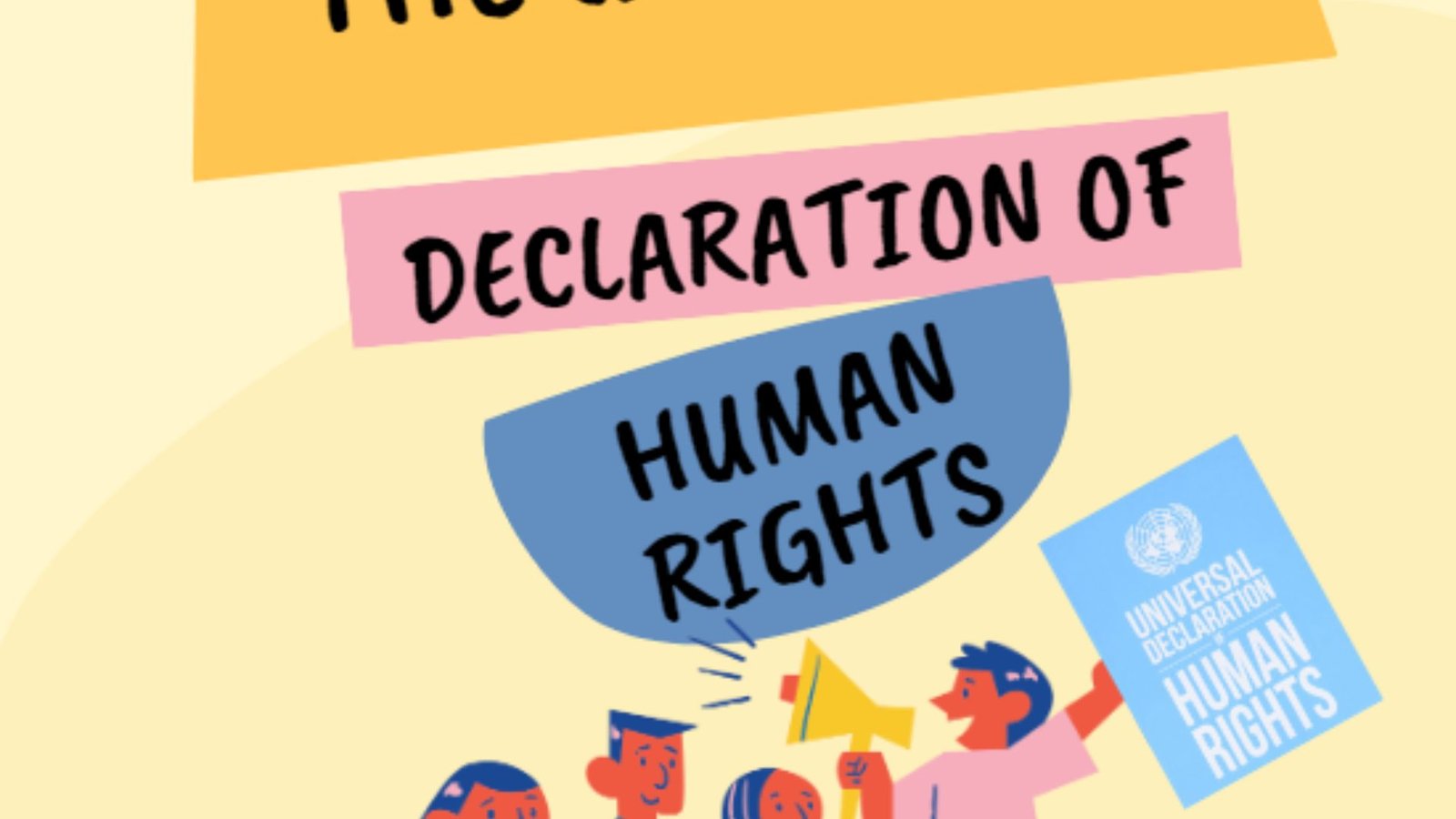The Universal Declaration of Human Rights
The Universal Declaration of Human Rights is a crucial document that outlines fundamental human rights for everyone, everywhere. Adopted by the United Nations in 1948, this declaration serves as a global standard for protecting human dignity and freedom. In this blog post, we’ll explore the key principles of the Universal Declaration of Human Rights and discuss its impact on societies around the world.

What is the Universal Declaration of Human Rights?
The Universal Declaration of Human Rights is a landmark document that defines basic rights and freedoms to which all people are entitled. It was created in the aftermath of World War II to ensure that such atrocities would never happen again. The declaration sets out a common standard for human rights and aims to promote peace and respect for every individual.
Key Principles of the Universal Declaration of Human Rights
The Universal Declaration of Human Rights contains several key principles that highlight essential freedoms and rights. Here are some of the most important ones:
1. Right to Life and Liberty
- Right to Life: Everyone has the right to live free from violence and threats. This principle is fundamental to ensuring that all individuals can enjoy their lives safely and securely.
- Personal Freedom: People are entitled to personal freedom and security. This means that no one should be subjected to arbitrary arrest or detention.
2. Freedom of Expression
- Freedom of Speech: The declaration guarantees the right to express opinions freely without fear of censorship or retaliation. This right is vital for the exchange of ideas and democratic participation.
- Access to Information: Everyone should have the ability to access information and participate in public discourse. This supports transparency and accountability in societies.
3. Equality and Non-Discrimination
- Equal Rights: The declaration asserts that all individuals are equal before the law and are entitled to equal protection. This principle is essential for preventing discrimination based on race, gender, religion, or other factors.
- Non-Discrimination: It emphasizes that no one should be discriminated against in their enjoyment of human rights and freedoms. This fosters an inclusive society where everyone is treated with dignity and respect.
4. Right to Education
- Access to Education: The declaration ensures that everyone has the right to education. Education is a powerful tool for personal development and social advancement.
- Free Primary Education: It states that primary education should be free and compulsory, enabling all children to have access to learning opportunities.
Impact of the Universal Declaration of Human Rights
The Universal Declaration of Human Rights has had a profound impact on global human rights standards. Here are some ways it has made a difference:
1. Global Standards for Human Rights
- Influence on Laws: Many countries have adopted national laws and constitutions based on the principles of the declaration. This has helped to shape legal frameworks that protect human rights worldwide.
- International Treaties: The declaration has inspired various international treaties and agreements that address specific human rights issues, such as discrimination, torture, and child labor.
2. Advocacy and Awareness
- Human Rights Organizations: Numerous organizations have been established to promote and protect human rights based on the principles of the declaration. These groups work to raise awareness and advocate for those whose rights are violated.
- Public Awareness: The declaration has increased public awareness of human rights issues and has encouraged people to stand up for their rights and the rights of others.
3. Human Rights Education
- Educational Programs: Many educational programs and curricula include the Universal Declaration of Human Rights, teaching students about their rights and responsibilities. This helps to foster a culture of respect and understanding.
- Training for Officials: Governments and institutions often use the declaration as a basis for training officials and law enforcement to ensure that they uphold human rights standards.
Challenges and Continued Efforts
Despite the positive impact of the Universal Declaration of Human Rights, challenges remain:
1. Implementation Gaps
- Enforcement Issues: In some regions, human rights abuses continue due to weak enforcement of laws and lack of accountability. Ensuring that the principles of the declaration are effectively implemented remains a significant challenge.
- Cultural and Political Barriers: Cultural norms and political agendas can sometimes hinder the full realization of human rights. Addressing these barriers requires ongoing dialogue and cooperation.
2. Global Inequality
- Disparities in Rights: Inequalities persist in many areas, such as access to education, healthcare, and justice. Efforts to address these disparities and promote equal rights for all are crucial for advancing human dignity.
- Need for Continued Advocacy: Continuous advocacy and international cooperation are necessary to address emerging human rights issues and to ensure that the principles of the declaration are upheld globally.
Conclusion
In summary, the Universal Declaration of Human Rights is a foundational document that sets out essential rights and freedoms for all people. Its principles of life, liberty, equality, and education have significantly influenced global human rights standards and have promoted a more just and equitable world.
However, challenges remain in ensuring that these rights are fully realized for everyone. Continued advocacy, education, and international collaboration are vital to overcoming these challenges and making sure that the ideals of the Universal Declaration of Human Rights are upheld for future generations.



